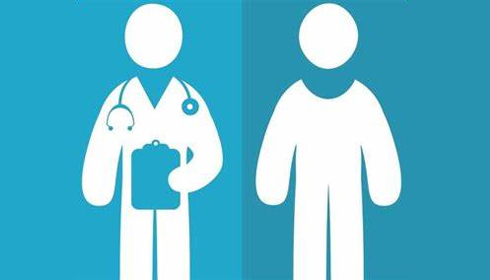
Enterovirus D68 Therapeutic Trial Sponsored by NIH Commences
The National Institutes of Health (NIH) has started a clinical trial to evaluate the safety of a newly developed monoclonal antibody for treating enterovirus D68 (EV-D68). Researchers have identified a new virus that can cause serious respiratory and neurological illnesses, such as acute flaccid myelitis (AFM), a condition similar to polio.
Over the past decade, the United States has seen spikes in AFM cases every other year, primarily in late summer. In 2014, 2016, and 2018, there were notable increases in AFM cases identified by the U.S. Centres for Disease Control and Prevention (CDC). The link between these AFM outbreaks and EV-D68 is causing increasing concern among public health officials.
Severe EV-D68 infections, or AFM. The current standard of care involves supportive treatment and management of immune disorders, but their effectiveness has not undergone thorough evaluation. It is believed that EV-D68 spreads through coughing, sneezing, or contact with contaminated surfaces.
Scientists at Vanderbilt University Medical Centre have made a significant discovery between 2017 and 2019. They have successfully identified and isolated a neutralising antibody, named EV68-228, from patients who were recovering from an EV-D68 infection. Utah State University, KBio, Inc., and ZabBio have collaborated to develop an experimental antibody called EV68-228-N for testing. In lab tests, a monoclonal antibody has been able to neutralise several strains of EV-D68 from different epidemic years. KBio, Inc. is using its cutting-edge plant-based protein development platform to produce EV68-228-N.
With the support of the National Institute of Allergy and Infectious Diseases (NIAID) of the National Institutes of Health (NIH), Dr. C. Buddy Creech from Vanderbilt University Medical Centre is currently leading a Phase 1 study. Researchers are conducting a study to evaluate the safety of EV68-228-N, determine its duration in the body, and determine the most effective dose. Dr. E. Adrianne Hammershaimb will lead the trial's participant enrollment at the University of Maryland, College Park. The study receives support through a partnership with academic medical centers across the United States and is financed by the NIAID Infectious Diseases Clinical Research Consortium.
Thirty-six healthy volunteers aged 18 to 49 will participate in the clinical trial (NCT06444048). Thirty participants will receive varying doses of EV68-228-N intravenously, while six participants will receive a placebo. We will monitor participants in each group for a minimum of 72 hours before administering the infusion to others to ensure safety. Participants will undergo nine in-person examinations over a span of 120 days as researchers closely monitor their progress.
The CDC has identified EV-D68 as one of over 100 non-polio enteroviruses, first discovered in California in 1962. It typically causes mild respiratory illnesses, but it can also cause severe symptoms like wheezing and difficulty breathing. Most people infected with non-polio enteroviruses experience mild symptoms, including a runny nose, sneezing, cough, rash, mouth sores, body aches, and muscle aches. These viruses are quite common, and many individuals may not even show any symptoms.
The CDC has been receiving reports of sporadic EV-D68 cases since 1987. A significant outbreak occurred between August and December 2014, resulting in 120 cases of acute flaccid myelitis (AFM) across 34 states. The CDC has expanded its surveillance for EV-D68, leading to increased awareness. In 2016 and 2018, there were subsequent spikes in EV-D68 and AFM cases, primarily occurring in late summer and early autumn.